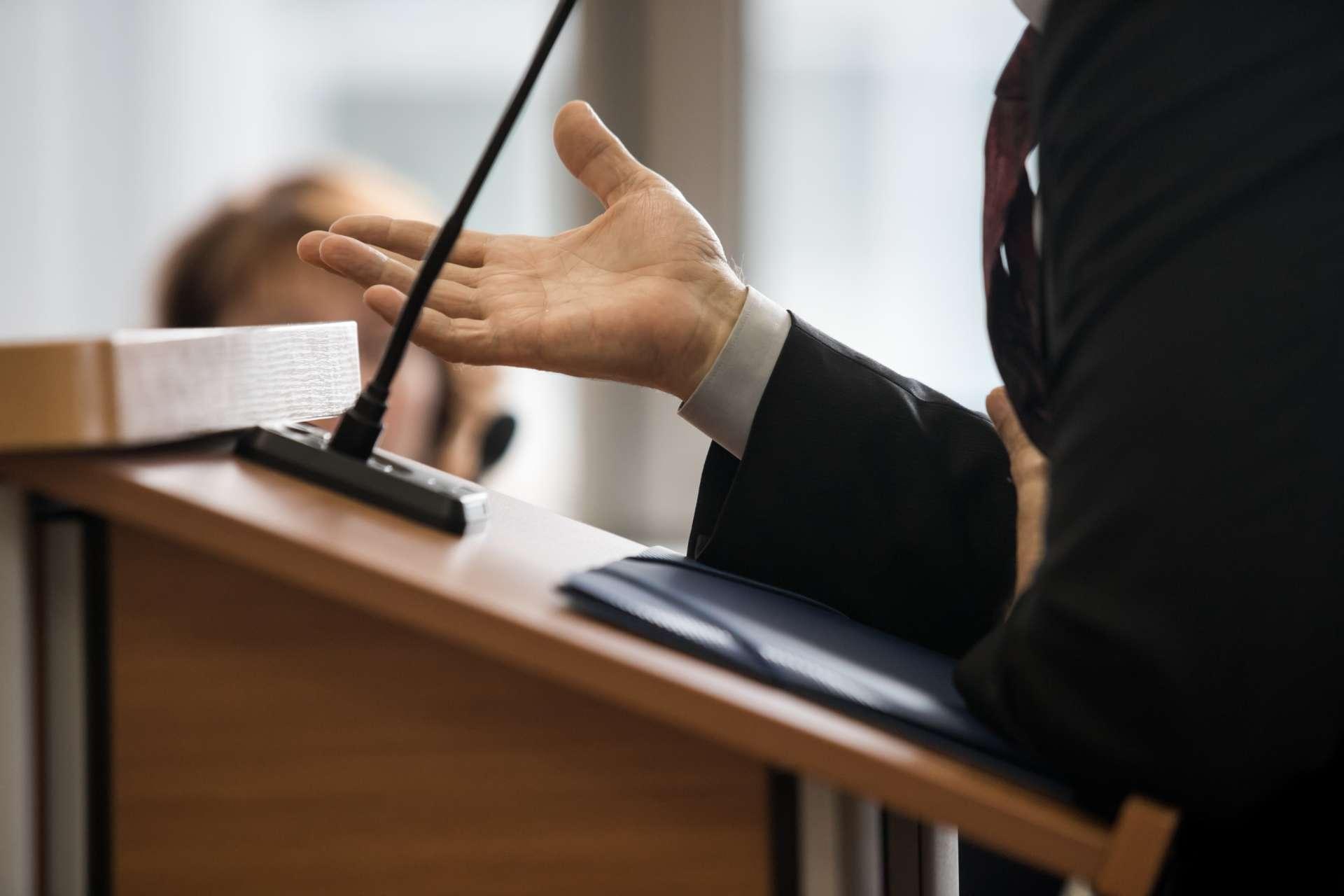RIP Michael Cohen

I recently attended the funeral of a man you have probably never heard of, but who was of enormous importance to all you litigators, whether civil & commercial, family, criminal or ADR.
After several years as a boring old chartered accountant – annual accounts, audits, tax returns, business plans, I was asked to act as an expert witness in several cases, including one concerning a stuntman on a Superman film who was injured at Elstree Studios, which required me to spend a week at the RCJ and a day in the witness box. I was hooked. Then I was asked to act in an international fraud case against the SFO, where my report for the defence ran to 43 ring binders and I was told I would be at the Old Bailey (actually an annexe in Chancery Lane called Chichester Rents) for a trial lasting 18 months. But my report was agreed by the prosecution, and I didn’t need to appear. I had to give all my clients to other partners, so I had literally nothing to do. I wrote my first mailshot letter on the train back from London (“I’m a forensic accountant – gizza job”), the work flooded in, and many years later it has never stopped.
I realised this was getting serious, and that I needed to learn how to be a proper expert. This is when I came across The Academy of Experts. It was founded by Michael Cohen in 1987, at a time of great transition in litigation.
Many of you will not remember the bad old days, but I certainly do. Lord Woolf, Master of the Rolls, was concerned about inefficient courts, cases which lasted almost as long as Jarndyce -v- Jarndyce, excessive legal costs, solicitors “churning” cases, and much else. He published Access to Justice which became the basis of the Civil Procedure Rules, soon followed by the Family Procedure Rules and the Criminal Procedure Rules, all on similar lines where judges controlled cases.
This was the late 1980s; the CPR was launched on 1 April 1999.
There was also much wrong with the expert witness “profession”. It is a profession now, but it wasn’t in the bad old ‘80s. The hired gun was commonplace, and so many experts thought it was their duty to win or to save, their client as much as possible. I remember an orthopaedic surgeon who lectured with a skeleton which he danced, and he said he didn’t believe that whiplash existed. He was very popular with his motor insurance clients.
This of course was quite wrong; those who instruct us are not our clients, since our overriding duty is to the court, irrespective of who instructs us or by whom we are to be paid.
This is where Michael Cohen came in. He was a barrister and an expert in insurance. He saw the need for experts to be educated in such matters, so he founded The Academy of Experts in 1987, in good time for his concepts to be reflected in the CPR and all that followed.
I was not a founder member; I joined in 1990 but my membership number (531) shows that I joined when it was a very small organisation. Since then it has flourished, with about 4,000 members of virtually every profession in the UK, and with pockets of members in other jurisdictions.
The Academy is respected by other professional bodies; for example, it has close working relationships with ICAEW (my profession) and RICS, to name but two. It has a judicial committee of seven senior judges and has published a Model Expert Report, Model Terms of Appointment of Experts, Guidance for Those Who Instruct Experts and, more recently, guidance on remote and virtual hearings.
There is a regular Journal the TEDR (The Expert and Dispute Resolver) of which Michael was until recently the editor.
As a measure of how highly regarded The Academy is regarded in legal circles, one need only look at the calibre of those who have served as our president: Sir Geoffrey Howe QC (Margaret Thatcher’s chancellor); Lord Savile (of the Bloody Sunday enquiry) and now Lord Neuburger.
The Academy is a centre of excellence for experts, and much of that is the result of Michael Cohen’s dedication to the cause. He has been a tireless, and very competent, lecturer on all things litigation and expert. I had the great honour to be admitted as a fellow in 1994, one of only about 60 worldwide. Michael devised training courses and an accreditation scheme for mediators, and I was accredited as such in 1998. He developed a training course and accreditation scheme for expert determiners (a form of arbitration) and I am proud to say that I was in the first batch of EDs to be accredited in 2009; I am now the chief examiner in ED.
So, thanks to Michael, we now have an Academy of members offering a range of dispute resolution methods, both conventional litigation and ADR.
This man never stopped. For many years he had done lecture tours around the world, and only a few months ago he lectured in Dubai, Singapore, Hong Kong and Australia. So he was still full steam ahead until just a few weeks before he died – and only a few weeks before his ninetieth birthday!
Sleep well, Michael; you deserve your rest. And we members of the litigation community (even those of us who have never heard of you!) are so very grateful for all you have done for us.
